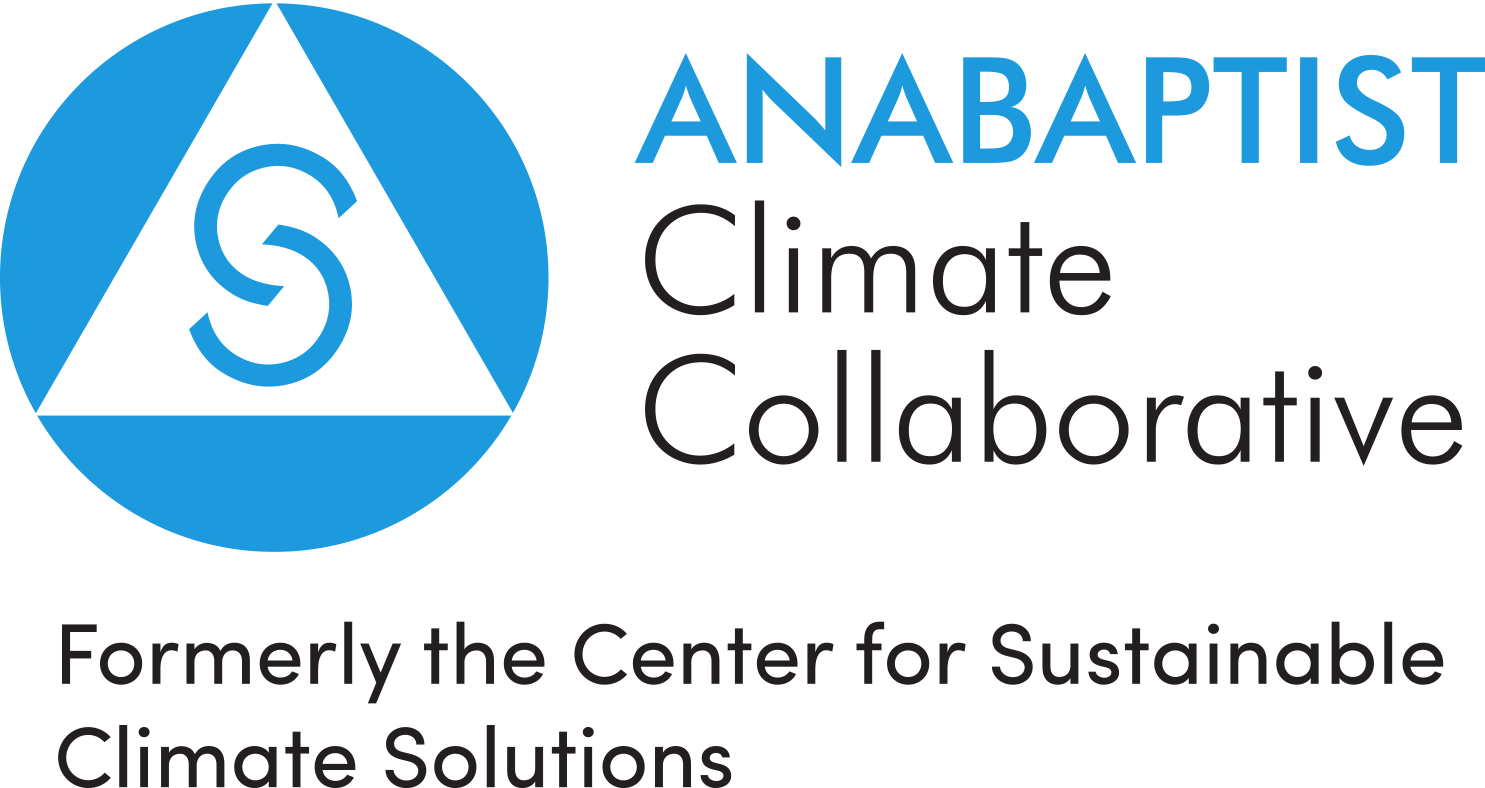The Mennonite Central Committee Washington office smells lovely – it was the first thing I noticed when I walked in the door on my very first day. I wish I could describe it: it’s some combination of old wood and brick, paper, coffee, and the tapestries from Ten Thousand Villages that hang on the walls. Besides my superficial observations about the way this office smells, it’s also filled with some incredible people doing important advocacy work right in the heart of D.C.’s political scene. As of this writing, I’ve just finished the first two weeks of my internship with CSCS. I’m taking the next week off to participate in EMU’s Washington Community Scholars’ Program orientation in the house where I’ll be living for the rest of the summer, so this is my last chunk of writing before a bit of a hiatus.
Before I launch into a summary of these past two weeks, I should probably introduce myself – something I’ve been doing a lot lately. My name is Clara Weybright and I’m this summer’s Climate Advocacy Intern in Washington, D.C. I grew up in Lancaster, PA, but have been attending college at Eastern Mennonite University in Harrisonburg, VA, for the past three years. I’m studying Environmental Sustainability, and have always had a particular interest in environmental policy. When I stumbled across this internship, I was thrilled. An internship that combined my interests in policy and environmental issues – particularly climate-change related issues – within the context of an organization that I already knew and respected – seemed perfect. So here I am, several months later, already deep into learning about climate policy and advocacy from the perspectives of CSCS and MCC. So far, it’s been everything I anticipated, and more.
In the first few days of my internship, I was immediately immersed in MCC’s work here in D.C. On my third day, we hosted a delegation from MCC in Akron, PA and MCC’s UN Office in New York City. I spent the day learning about MCC Washington’s policy work right alongside our visitors. We toured the Capitol, discussed current policy issues on the table this summer, and visited Rep. Lloyd Smucker, the MCC Akron employees’ – and my – representative from Lancaster County. It was my first experience in a sit-down meeting with a member of Congress.
The next day, I was given the opportunity to attend a U.S. House Select Committee on the Climate Crisis hearing on climate resiliency. This committee has been holding hearings regarding the current climate crisis. Although there are still clear partisan divisions surrounding issues of climate change, I was struck by the willingness of many of the representatives to consider innovative strategies for climate mitigation and resilience. Later in the day, I made the trek from a House office building to a Senate office building (giving myself the worst blisters I’ve ever had in my entire life – I whimpered and limped for several blocks). There I met with a member of Sen. Schatz’s office and several representatives from the Washington Interreligious Staff Community Energy and Ecology Working Group, of which MCC Washington’s office is a member. There we talked with an aide about Sen. Schatz’s considerable work on climate issues.
This working group, in particular, has made me appreciate the quantity of organizations and concerned people working to promote climate justice within the D.C. context. Both secular and religious groups are finding ways to channel their significant energy towards changing climate policy in the U.S. This internship is giving me the opportunity to engage with people from a wide range of experiences and contexts. I’m learning that spaces of faith expression can be instrumental in pushing forward meaningful change.
A large amount of my daily work is writing-oriented – something I love. I’m asked to work on more informal assignments, like this blog post, but my biggest project right now is an educational brief on current legislative proposals for carbon pricing. There’s been a lot of recent, largely bipartisan, movement surrounding the creation of a carbon pricing proposal. My job is to not only follow that movement, but investigate the implications of various proposals for communities throughout the U.S. This informational resource will be available through CSCS later this summer.
Living and commuting in D.C. has been one of my favorite parts of this internship. I was fortunate enough to cross paths with Ray Martin, one of the main donors for CSCS, as I was planning my summer. Ray kindly offered me a place to stay for these first two weeks before I move into the Washington Community Scholars’ house. In the evenings when I got home from work, we’d talk about my day’s work, our visions for climate advocacy, and what fresh political drama I’d stumbled across on The Hill that morning. It has ended up being a wonderful space to decompress after my work days.
This work is filling me up. My hands are covered in ink from frantic note taking all day – they’re also shaking because I drank a ridiculous amount of coffee, and also because I’m excited about this conference call I’m about to join (ridiculous, I know). The call is on the implications of the U.S. leaving the Paris Climate Agreement and I can’t wait to see what the panel of experts speaking have to say. The frenzy of collaboration and contention, passionate action and frustrating slowness here continues to challenge and inspire me. For now, I’m content to absorb as much as possible and contribute what I can. I’m looking forward to seeing what happens in the next couple of months!
If you’re interested in hearing more, or just discussing any of what I’ve written here, feel free to reach out! My email address is clara.weybright@emu.edu.

